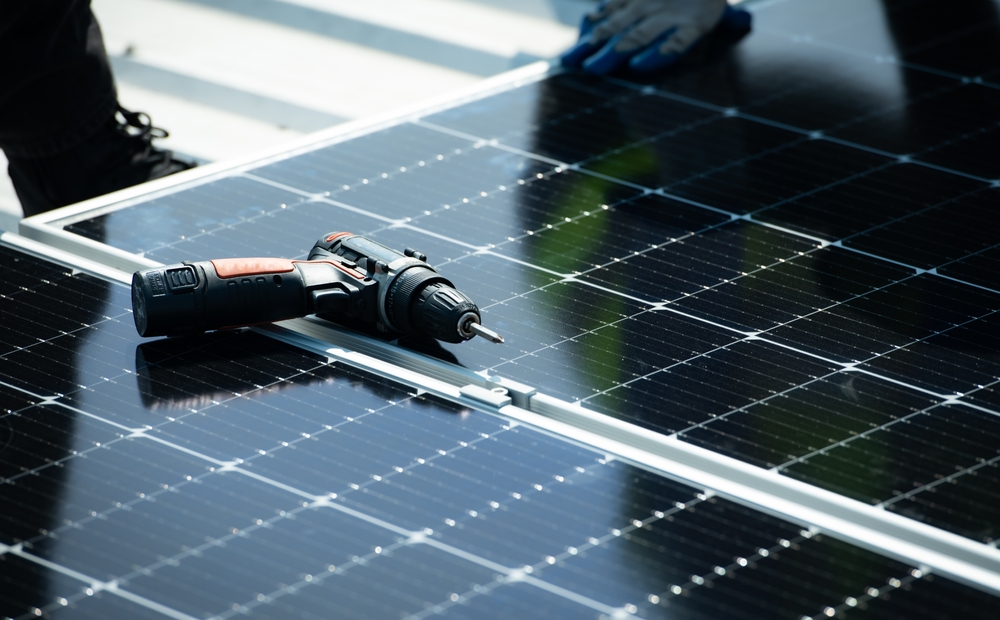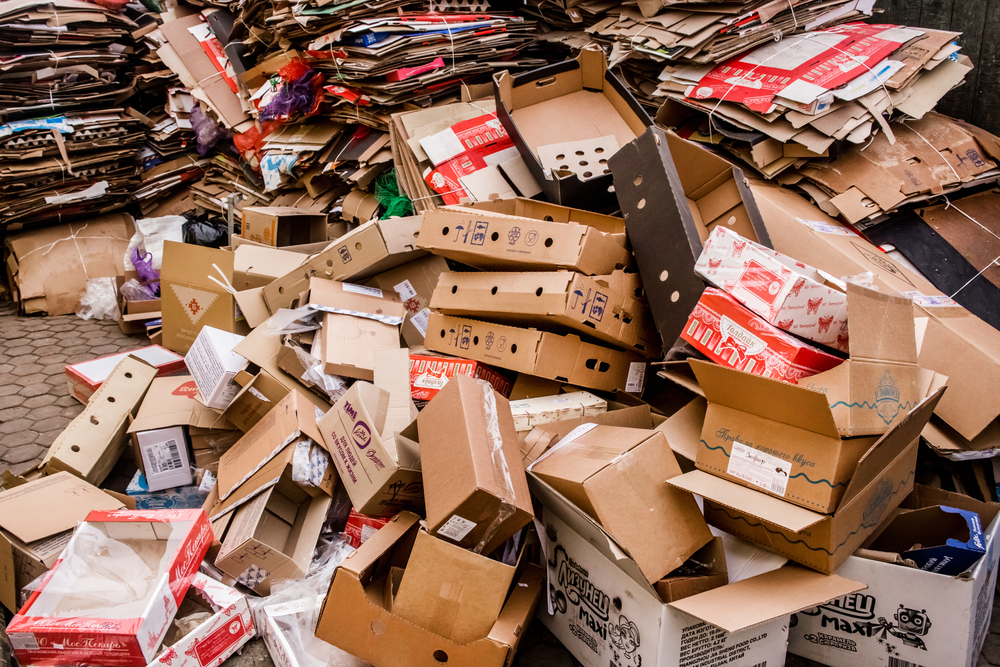With Unilever being one of the world’s largest brands of consumer packaged goods, it’s not unusual that the first things that come to mind when we hear about the behemoth are its giant mass-production facilities and their associated negative environmental impacts. But it seems that the brand is well aware of its infamy, as one of its most recent projects aims to shift its production practices towards a significantly more sustainable paradigm.
The novel initiative involves a 40-foot shipping container that’s currently parked in the Dutch town of Wageningen — Unilever’s global base for food and refreshment business — inside which will soon be a fully functional production line for the brand’s liquid bouillon. Now, you may ask, what does that have to do with the company’s sustainability?
Well, by making the product in a significantly scaled-down space, the company hopes to reduce its carbon footprint, produce less waste and eventually be able to ship these nano-factories around the world so they can take advantage of local ingredients.
Virtually all of the company’s current factories across the globe have been designed to produce mass quantities. But sometimes the company needs to make smaller batches for seasonal products or when testing a new item, says Olivera Trifunovic, project lead of Unilever’s travel factory.
“It’s not commercially viable to use a mass production line for this and it ends up creating a lot of waste,” she says. “There are also times when we need to respond quickly to a change in demand in local markets, whether that’s to increase or decrease production. Again, when you have designed for mass production it isn’t easy to ramp scale up or down.”
The making of bouillon in the Netherlands is only the nano-factory’s first use — if all goes well, the company will look into installing the shipping containers at other Unilever food factories and eventually expand their production capabilities to make mayonnaise, ketchup, and ice cream.
The ultimate idea is that instead of having a few large factories that need to produce tons of products or require ingredients to ship from far locations, Unilever could have these small factories deployed wherever, and whenever, they’re needed. “They offer an exciting new way of manufacturing,” says Trifunovic. “A way that is less wasteful, promotes locality, and reduces food and fossil fuel waste.”











